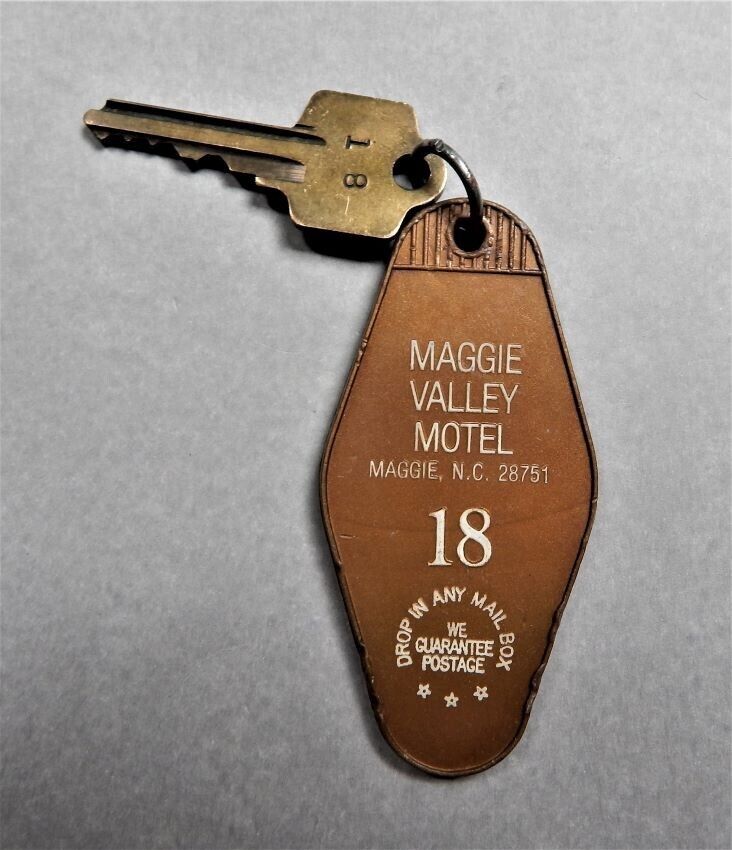 With the vacation season at its peak, it’s time to take a look at the technology that’s becoming more and more prevalent in the travel and hospitality industry.
With the vacation season at its peak, it’s time to take a look at the technology that’s becoming more and more prevalent in the travel and hospitality industry.
These days, it seems quaint to see someone getting on a plane with an old-school paper boarding pass. And many restaurants have a QR code on the table that lets you access the menu (and, in some places, even order your meal.)
The hotel industry is also investing heavily in technology.
Travelers of a certain age may remember when you were handed a key on a large fob, making it pretty difficult to lose. (In Europe, the keys were sometimes kept on a longish wooden handle – too long to comfortably carry them around with you, so you left it at the lobby desk when you left the hotel and retrieved it when you needed to get back in your room.)
Most hotels have long since replaced mechanical keys with electronic cards that you insert, swipe, or tap.
Those smart cards are starting to look as old fashioned as the key on the fob, however, as digital room keys are increasingly being deployed, using bar or QR codes. These are similar to the digital tickets we’ve been using for a while for sports events, concerts, and the theater, but are relatively new to the hotel scene. (Since you didn’t keep your hotel key anyway, it’s no great loss to go digital, but, for those who liked to keep ticket stubs as souvenirs, the digital route is less than welcome. I suppose folks can print out an image of their barcode, or save it as some sort of personal NFT…)
Digital keys are just part of the growing use of technology in hotels.
The reservation process has long been online, either through a hotel or chain website, or through a general-purpose booking or travel aggregator, but since covid “contactless check in” via phone app or self-service kiosks are now available in many hotels.
And with so many people abandoning any use of cash, tipping apps are appearing so that travelers can tip “service workers like valets, housekeepers, bartenders, and bell staff.
Digital tipping apps [are now in use that] allow guests to leave tips via credit cards or other digital payment methods. By scanning a QR code or clicking a link, guests can access the platform, and the platform handles tipping employees out. (Source: Hotel Tech Report)
Not to mention all sorts of in-the-room tech that Amy Tara Koch, a NY Times travel writer, recently encountered.
Koch’s encounter with a tech-ified Swiss hotel was not all that pleasant. When she went to turn in, she found that a TV disguised as a bathroom mirror had been turned on as part of the turndown service. She couldn’t figure out how to turn it off. Koch also couldn’t find a phone in the room and figured it was just as direct to walk down to the reception desk and see if she could find someone to turn the “smart mirror” off. Unfortunately, she didn’t realize she was also going to need assistance in turning the bathroom lights off. All part of “the glut of smart technology in hotel rooms.”
Some of that technology is devoted to improving the guest experience.
Neha Jaitpal, the global general manager for Honeywell’s Building Technologies sector, oversees “intuitive” solutions for more than 2 million hotel rooms worldwide, working for companies like Accor and Fairmont Hotels & Resorts. “Imagine arriving at your hotel room after a long day of travel, and it’s already adjusted to your preferred settings — from the temperature, lighting and even the position of the drapes,” she said. “Through automation, guest rooms can be personalized without the need for human interaction.” (Source: NY Times)
Smartphones are being used to play music, book a spa session, order room service, request extra towels. Pretty much any hotel service you can think of.
And that is improving the guest experience. For some guests, anyway.
Koch is not one of them.
These “guest enhancements,” touted as in-demand by hoteliers and the tech companies that make them, are not in demand by me.
And Koch isn’t alone.
“I used to walk into a hotel room and relax. Now it is a job to figure out how to use the lights and switch off the television, which, of course, is set to the hotel’s promotional station,” said Jill Weinberg, 67, a regional director with the U.S. Holocaust Memorial Museum, and like me, a frustrated hotel guest. “Here is an entirely new system to waste mental energy upon every single time I travel.”
Some hotels are actively resisting the embrace of technology. Beyond making Wi-Fi available, and maybe using a smart room key, travelers turn on the lights using a switch; turn on the TV using a remote; and pull open the drapes the old-fashioned way.
All very interesting, but as anyone who’s been watching emerging technology for years knows, there’s something inexorable about the technification of our day-to-day experiences.
